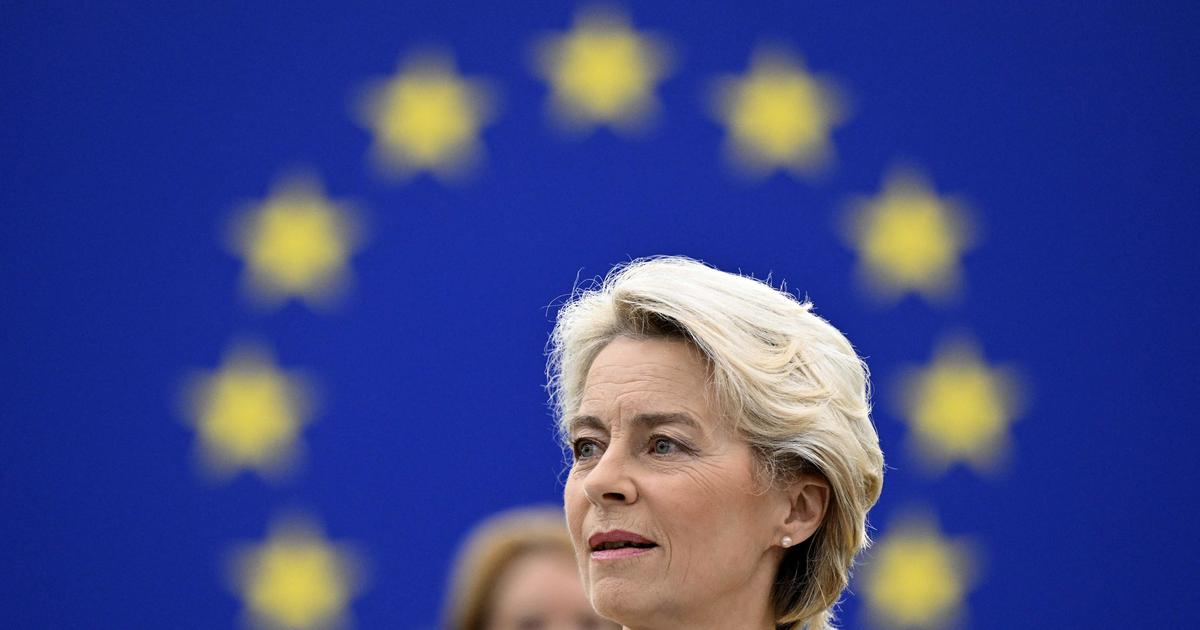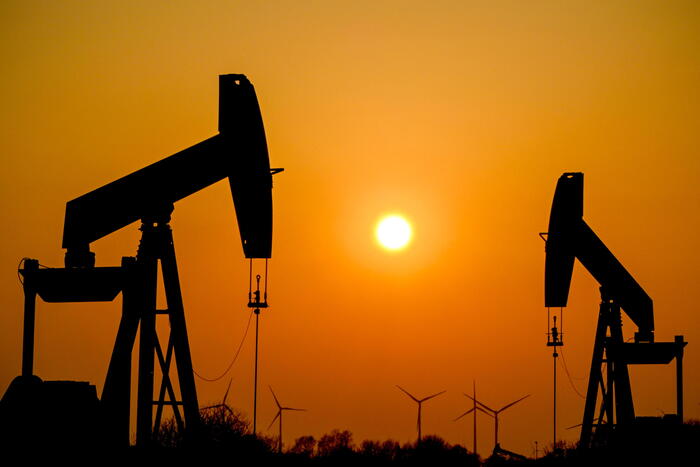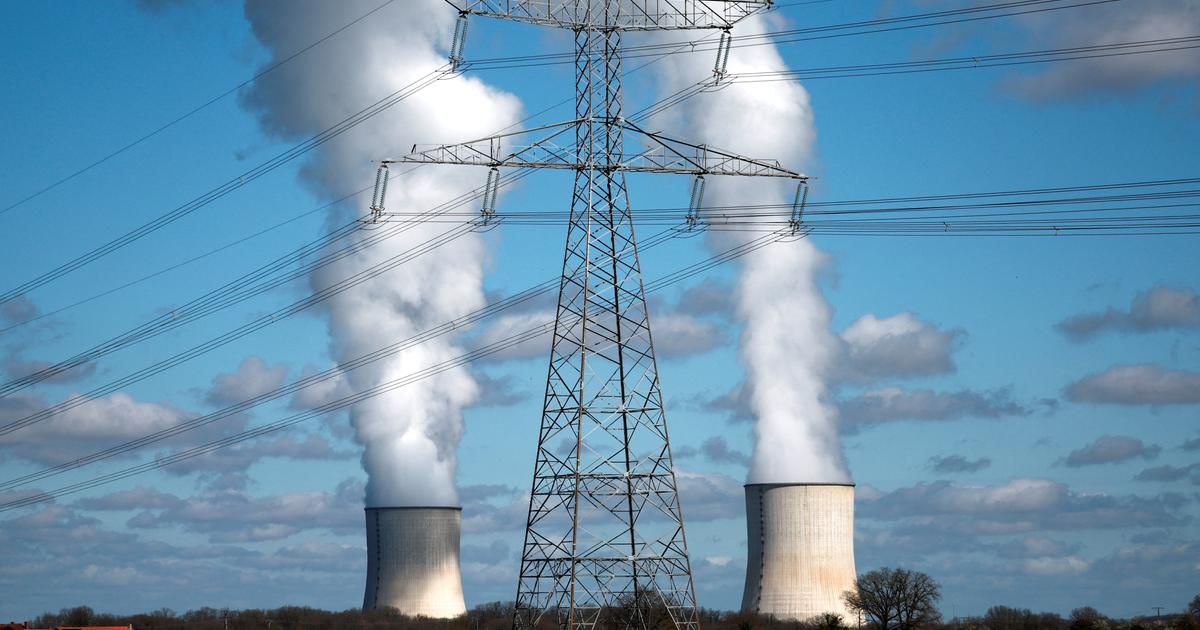The European Commission on Wednesday detailed its proposals to curb soaring gas and electricity prices, including curbing the "
superprofits
" of energy groups and cutting EU consumption at peak times.
EU energy ministers will vote on these proposals at an extraordinary meeting on September 30 in Brussels.
To discover
OUR FILE - Elizabeth II, a rock and a symbol for England
Cap revenue
On the European electricity market, the cost price of the last source of electricity mobilized to meet demand - often a gas-fired power station - determines the price imposed on all operators: the wholesale price of electricity therefore soared in concert with the surge in gas prices, following the war in Ukraine.
The Commission proposes to cap the revenues of electricity producers from nuclear and renewables (wind, solar, hydroelectric), which reap “
exceptional
” profits by selling their production at a price well above their production costs .
Read alsoSuperprofits: why the creation of a tax is debated
According to a draft text consulted by AFP, the Commission proposes to set this ceiling at 180 euros/megawhatth hour.
The difference between this level of income and the wholesale market price would be recovered by the States to be redistributed to households and businesses.
Coal and methane are excluded from the mechanism.
This cap would make it possible to raise "
more than 140 billion euros
", assured Wednesday the President of the Commission Ursula von der Leyen.
Beyond the current energy crisis, it promises an “
in-depth
” structural reform of the electricity market.
The manna could vary a lot depending on the country, with extremely varied energy mixes.
In France, profits from nuclear power, via dividends from EDF, and from renewable energies, via fixed-price sales contracts entered into by operators, already largely accrue to the State.
"Contribution" of oil and gas groups
Brussels wants to claim "
a temporary solidarity contribution
" from producers and distributors of gas, coal and oil, who are making massive profits thanks to soaring prices.
“
These large companies therefore have to pay a fair share, pay a crisis contribution
,” explained Ms von der Leyen.
According to the project consulted by AFP, this would be set at 33% of superprofits (profits more than 20% higher than the average for the years 2019-2021).
On the other hand, Brussels is careful not to speak of a "
tax
", because any tax provision requires the unanimity of the Twenty-Seven, a more complicated and risky procedure than adoption by qualified majority.
Reduce demand at peak times
According to its draft, the Commission wants to set a binding target for States to reduce their electricity consumption “
by at least 5%
” during a determined number of peak hours during which electricity is the most expensive.
According to Brussels, this would reduce gas consumption to produce electricity by 3.8%.
The European executive also calls on the 27 to reduce their monthly consumption by 10%, an indicative target.
Each country would choose the way to achieve this, for example via "
auction systems
" awarding manufacturers financial compensation in exchange for a reduction in consumption.
Support cash-strapped suppliers
Brussels wants to support energy suppliers experiencing serious liquidity shortages in the face of price volatility, by easing the regulatory framework and instituting anti-speculation mechanisms to limit market fluctuations.
“
We will amend the Temporary Framework for State Aid Measures in October, to allow for the provision of state guarantees,
” Ms von der Leyen announced on Wednesday.
Cap the price of gas?
In its first tracks, the Commission initially considered capping the price paid to Russia for its gas deliveries to the EU, in order to further reduce the Kremlin's income - an idea fiercely opposed by eastern states. , which are still highly dependent on Russian hydrocarbons.
On the other hand, the ministers of the Twenty-Seven asked Brussels on Friday to study the possibilities of capping the price of all gas imports from the EU, whatever their origin - including liquefied natural gas (LNG ), which Europe pays a much higher price than in Asia.
Read alsoSuperprofits: the Twenty-Seven are working on a mechanism targeting energy companies
But the EU must remain a sufficiently attractive market for LNG suppliers, who can easily find other customers elsewhere, warned the Commission, cautious on this subject which strongly divides the Member States.









